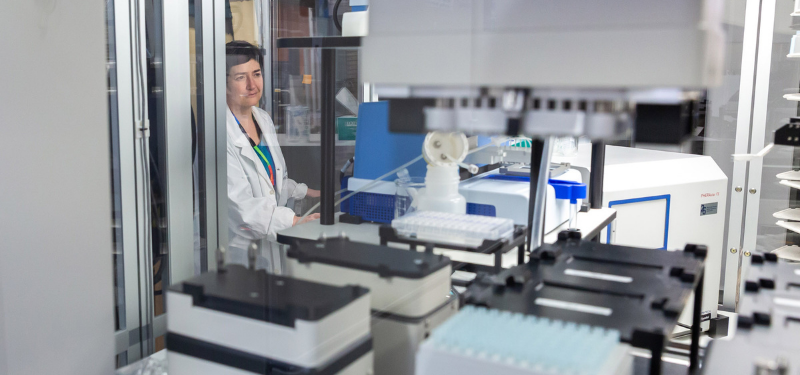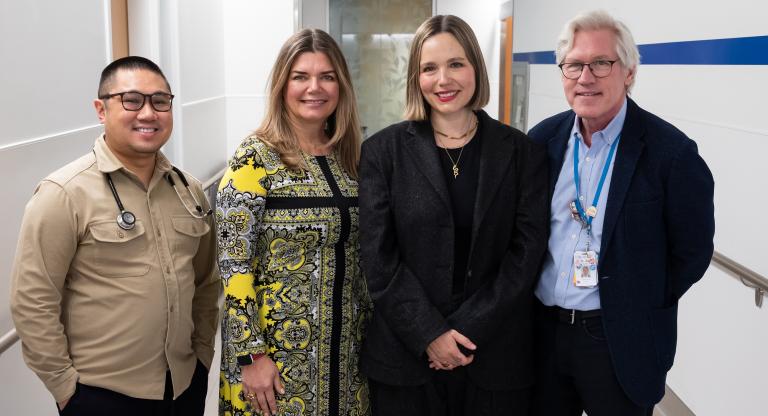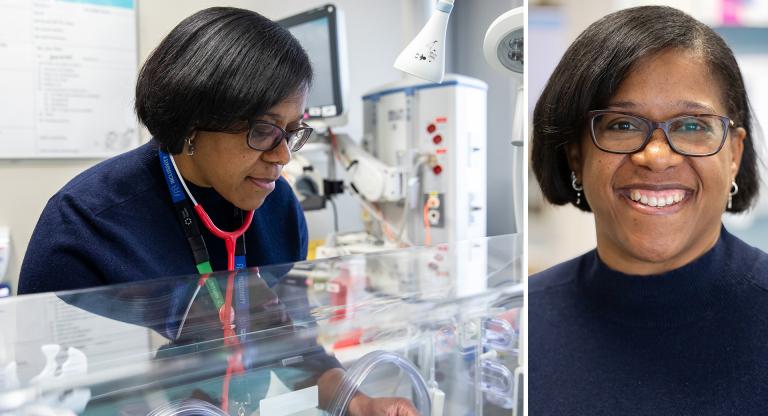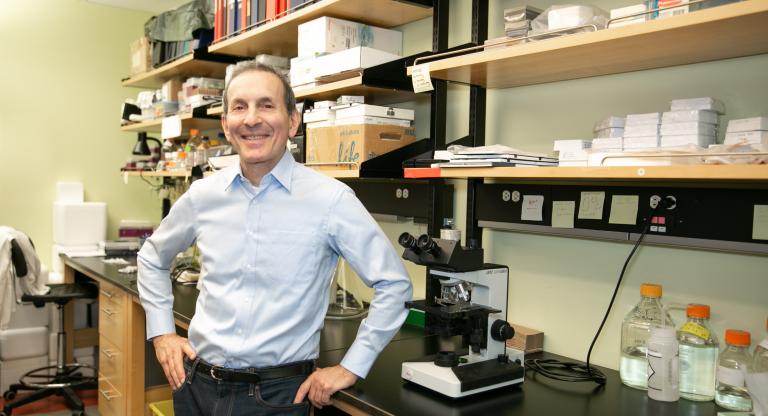Sinai Health part of $9M grant to establish a rapid response network for COVID-19 variants

Some of Canada’s leading scientists who have been at the forefront of testing and tracking the virus that causes COVID-19 are getting some help from the federal government to stay on top of the dangerous variants that are now circulating throughout the country.
The federal government announced Friday it is establishing a Coronavirus Variants Rapid Response Network, thanks to a $9 million grant from the Canadian Institutes of Health Research (CIHR).
More than 30 scientists are part of the effort, led by Marc-André Langlois at the University of Ottawa. Anne-Claude Gingras, a senior investigator from the Lunenfeld-Tanenbaum Research Institute (LTRI) at Sinai Health and professor in the department of Molecular Genetics at the University of Toronto, is among the eight co-principal applicants.
Gingras, a cancer researcher who specializes in proteomics, pivoted her lab in the early stages of the pandemic to develop blood tests that can look for antibodies to viral proteins.
“Viral variants are emerging that have multiple combinations of mutations that may have different effects on the virus’ ability to infect cells or to hide from the immune system,” Gingras said. “While many of the research groups involved, including ours, were already working on characterizing variants, this new funding will enable them to do so in a more efficient manner through collaborations across the country. Laboratories with specialized expertise will be able to join the network and contribute to variant characterization and rapidly share the results back with the rest of the team.”
The scientists hope the network will allow them to rapidly act on the emergence of new variants of concern by quickly learning the virus’ features, including the potential for re-infection.
Jennifer Gommerman, professor of immunology at the University of Toronto and grant co-principal applicant, said the goal of the network is to communicate this new information in real-time to Canadian public health officials and decision-makers, as well to the broader international scientific community.
“The data generated will directly alert us to the potential threats of re-infection, increased transmissibility and pathogenicity, and vaccine resistance,” Gommerman said. “This network was designed on one critical principle: to provide scientifically-based Rapid-Response to the variants of concern.”
Other Sinai Health scientists involved include Dr. Andrew Morris, Medical Director of the Sinai Health - University Health Network Antimicrobial Stewardship Program, and Jeff Wrana, senior investigator at the LTRI, who used his robotics lab to create an automated, next generation sequencing platform that can accurately screen thousands for COVID-19.
Wrana and colleagues are now using the system, called SPAR-Seq, to screen all positive samples identified in the shared clinical diagnostics lab at Sinai Health and University Health Network. The goal is to identify known and novel variants that emerge in the population and are resistant to vaccination.
The grant will allow for the network to operate for one year, and fund the creation of a biobank for rapid sharing of samples and data with other biobanks across Canada in order to have a harmonized approach to the war on COVID-19.












